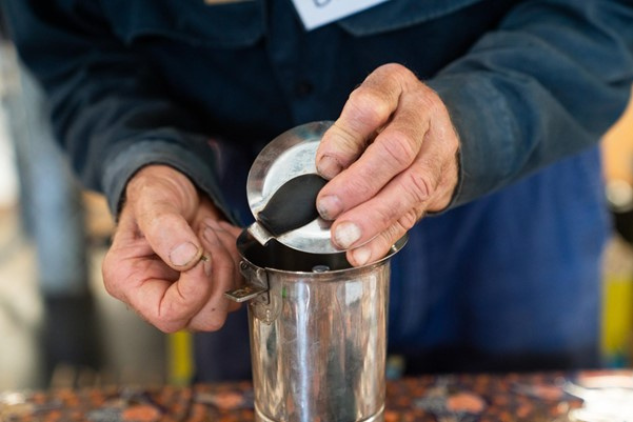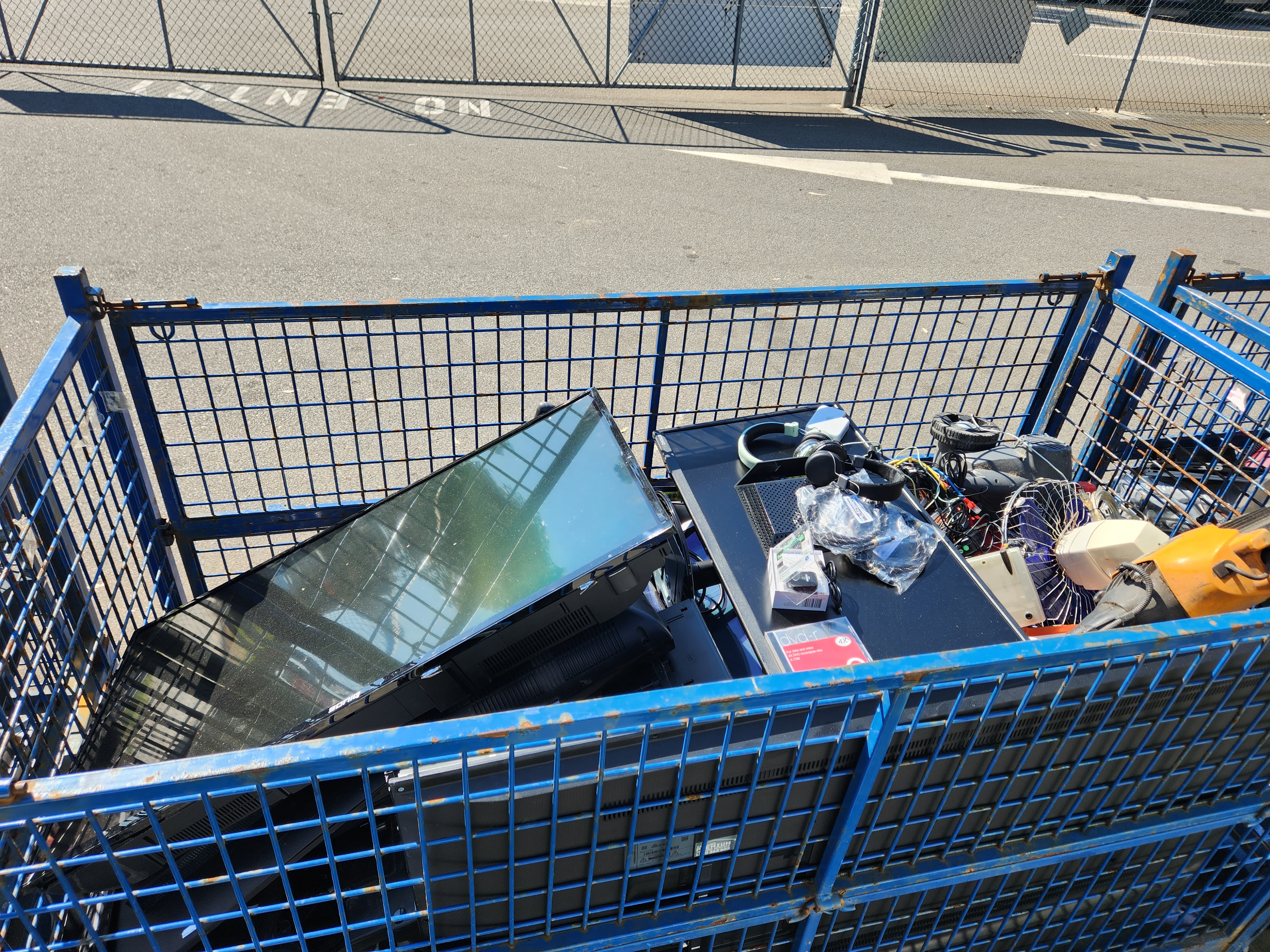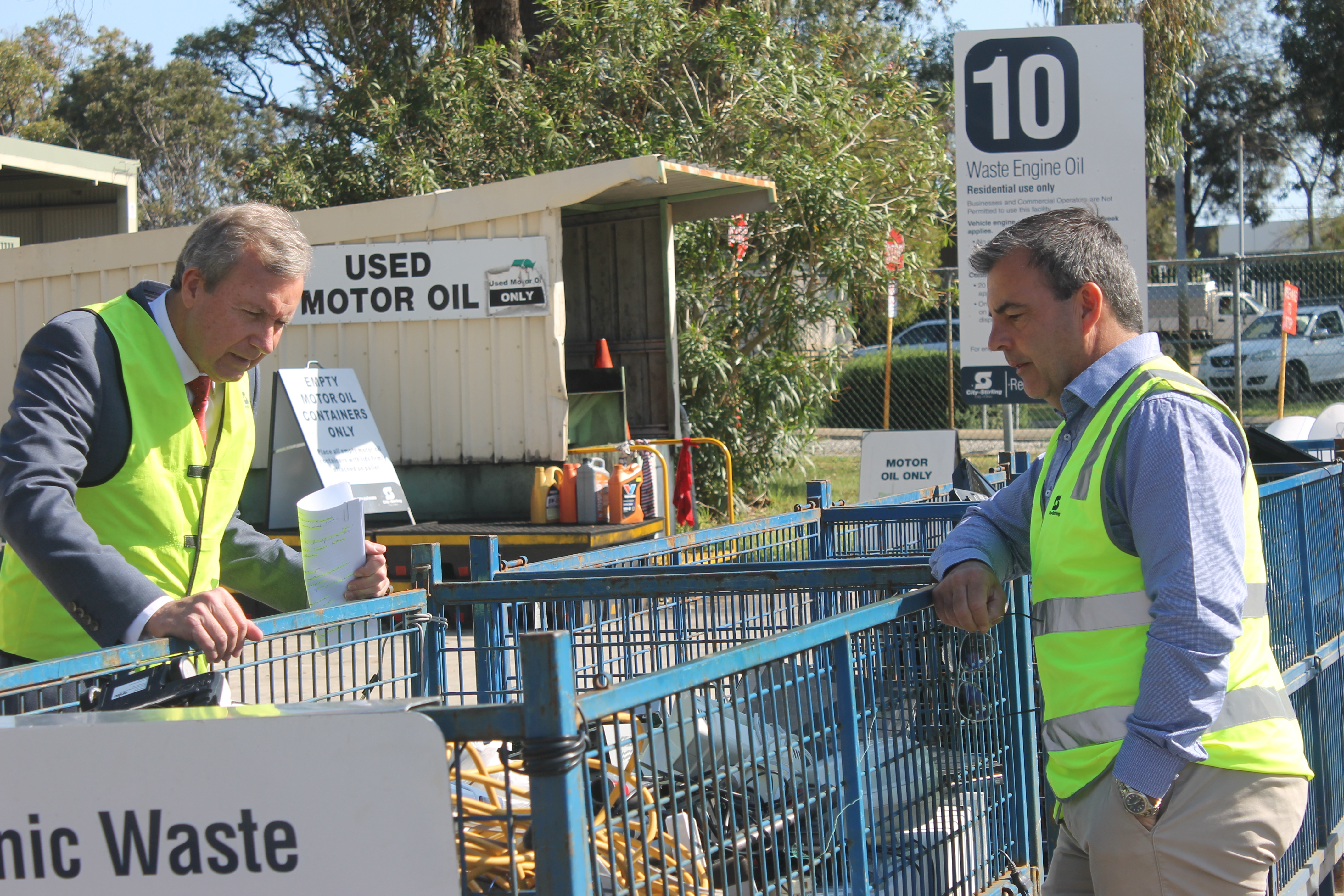
WA’s ultimate repair lab and repair cafe guide
GREAT Sorts in your neighbourhood put less in their landfill bin by finding their local repair lab or repair cafe.
Posted on: June 4, 2024
The State Government’s ban on e-waste being disposed to landfill will come in to force next month.

While the new laws are targeted at industry rather than individual households, GREAT Sorts are supporting the move by recovering their own e-waste, repairing items that can be fixed, and even gifting stuff they no longer need.
What is e-waste?
E-waste is broadly defined as electrical and electronic equipment. We all know the number of electronic products we use has increased substantially over the last few years. Using these products is now essential for communication at work, in our communities, for transportation, temperature control of our homes, and in many other parts of our daily lives.
In fact, while it’s estimated by 2030 each of us will generate 23kg of e-waste every single year, it’s estimated just a quarter of our e-waste currently is recycled.
E-waste can also contain hazardous materials, which is why it should be disposed of correctly. Things that should never go in any kerbside bin include batteries, light bulbs and e-waste items like computers, phones and TVs.
What can you do to help?

A great way to make a start on those items sitting around at home in drawers, spare rooms or garages is to firstly sort the e-waste and then take broken or unused items which can’t be repaired to local drop-off points.
It’s also important to remember that batteries and devices with inbuilt batteries can cause fires if put into the household waste bins and compressed during transport or processing.
Along with local government recycling centres, there are easy-to-access battery drop-off points throughout the WA community in shopping centres, supermarkets, libraries, and community centres, making it easy for people to drop-off their old batteries while out and about.
The nearest drop-off points for all your e-waste needs can be found through Recycle Right’s Find My Nearest search function on its website and app.
Be inspired
Samuel Thomas is the founder of Sam's Spares, a not-for-profit organisation that accepts old computers, laptops, and phones for reuse.
Hear Sam’s story.
This article on e-waste also featured in The West Australian’s Environment Day liftout on 5 June 2024, that can be viewed here on page 3.

GREAT Sorts in your neighbourhood put less in their landfill bin by finding their local repair lab or repair cafe.

If you’ve ever been tempted to throw your unwanted electronic items in the bin then you NEED to read this article.

It doesn’t matter if you’re a first-time puppy parent or an experienced dog owner, chances are there are things you can do to lower the waste produced by your four-legged friend! Here are 5 things you could start to do today.